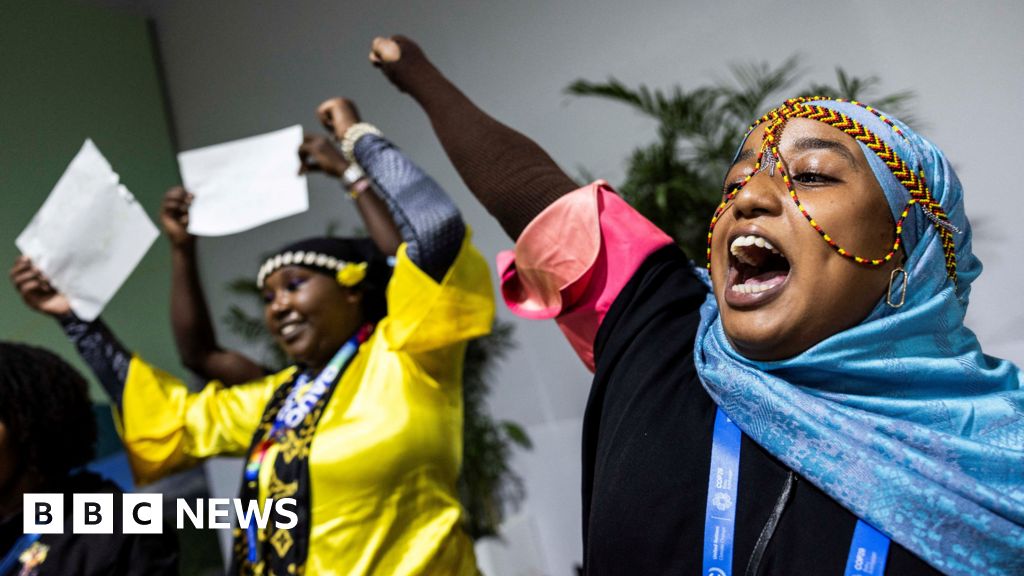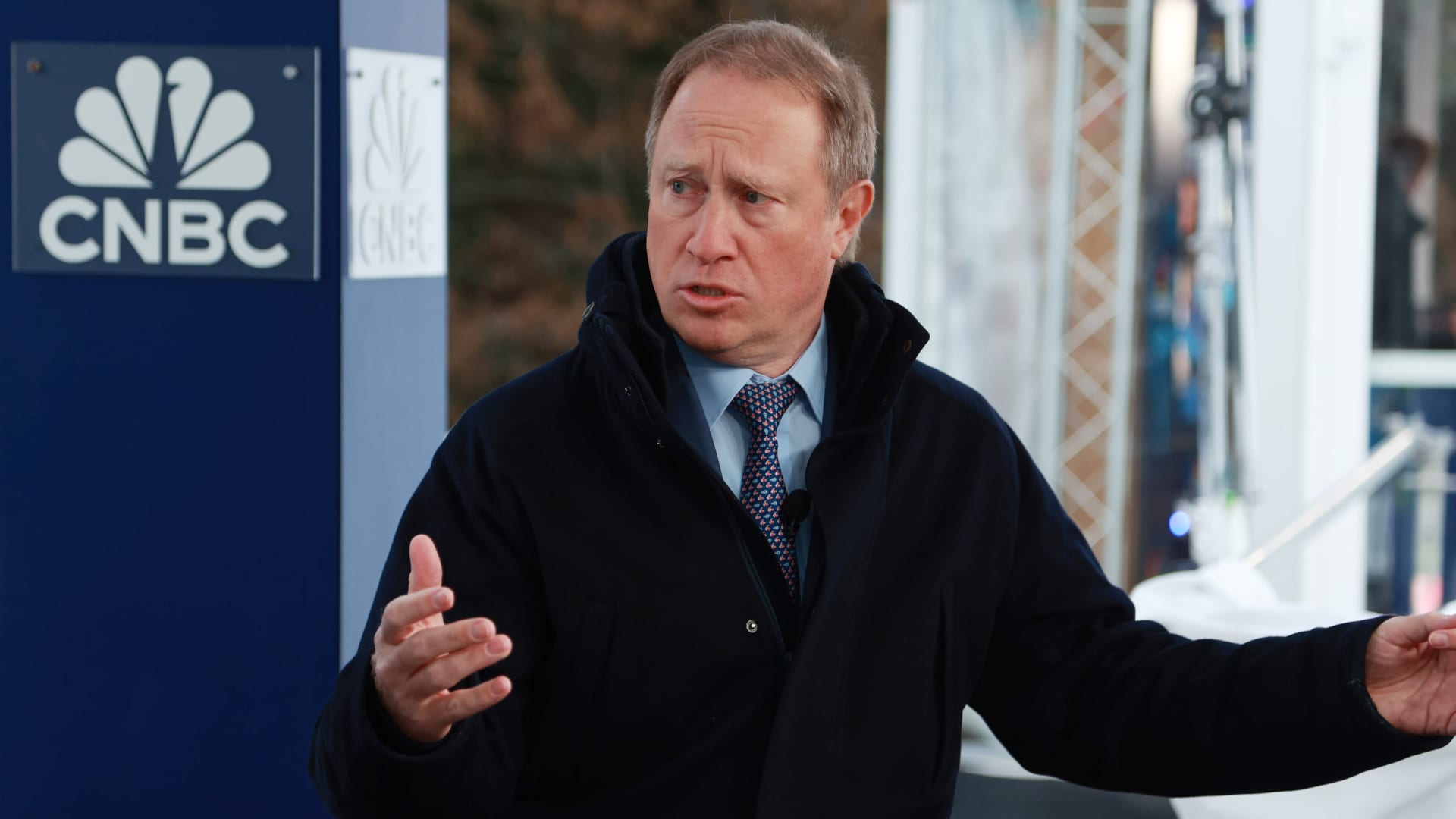Europe|A More Working-Class British Cabinet, Still Seen as Out of Touch
https://www.nytimes.com/2024/10/04/world/europe/uk-labour-cabinet-working-class-freebies.html
You have a preview view of this article while we are checking your access. When we have confirmed access, the full article content will load.
Prime Minister Keir Starmer’s top team contains more lawmakers from poor backgrounds, and fewer from elite schools, than any in recent memory. Voters haven’t noticed.

Oct. 4, 2024Updated 6:38 a.m. ET
Hot water was a luxury in the home where Angela Rayner, Britain’s deputy prime minister, was raised. Wes Streeting, the health secretary, was born to a single mother who pawned her jewelry to make ends meet. Racist skinheads shouted abuse at the young David Lammy, a Black Briton who is now foreign secretary, near his home in a deprived part of north London.
Britain’s current cabinet, the country’s 22 senior lawmakers including the prime minister, Keir Starmer, is one of the most working class in the nation’s history. Only one attended a private school, and several spent their early lives in poverty. Mr. Starmer, whose father worked in a factory, has recounted when their phone was cut off because his parents couldn’t pay the bills.
Yet, while the cabinet may be more like many of the people it governs, Britons don’t seem to have noticed.
According to one recent opinion poll, fewer than one in four people see the Labour government, which came to power in July, as caring about “people like them,” while almost two-thirds of voters see it as not bothered by the interests of normal people.
That impression has been shaped in part by recent revelations that senior Labour figures accepted free gifts from party donors, including clothing and eyeglasses for Mr. Starmer and dresses for his wife.
But the glaring disparity between the humble social origins of top ministers and the way they are perceived, analysts say, underscores the disenchantment many Britons feel with the system, and with the political class in general.

 1 month ago
7
1 month ago
7










 English (US) ·
English (US) ·